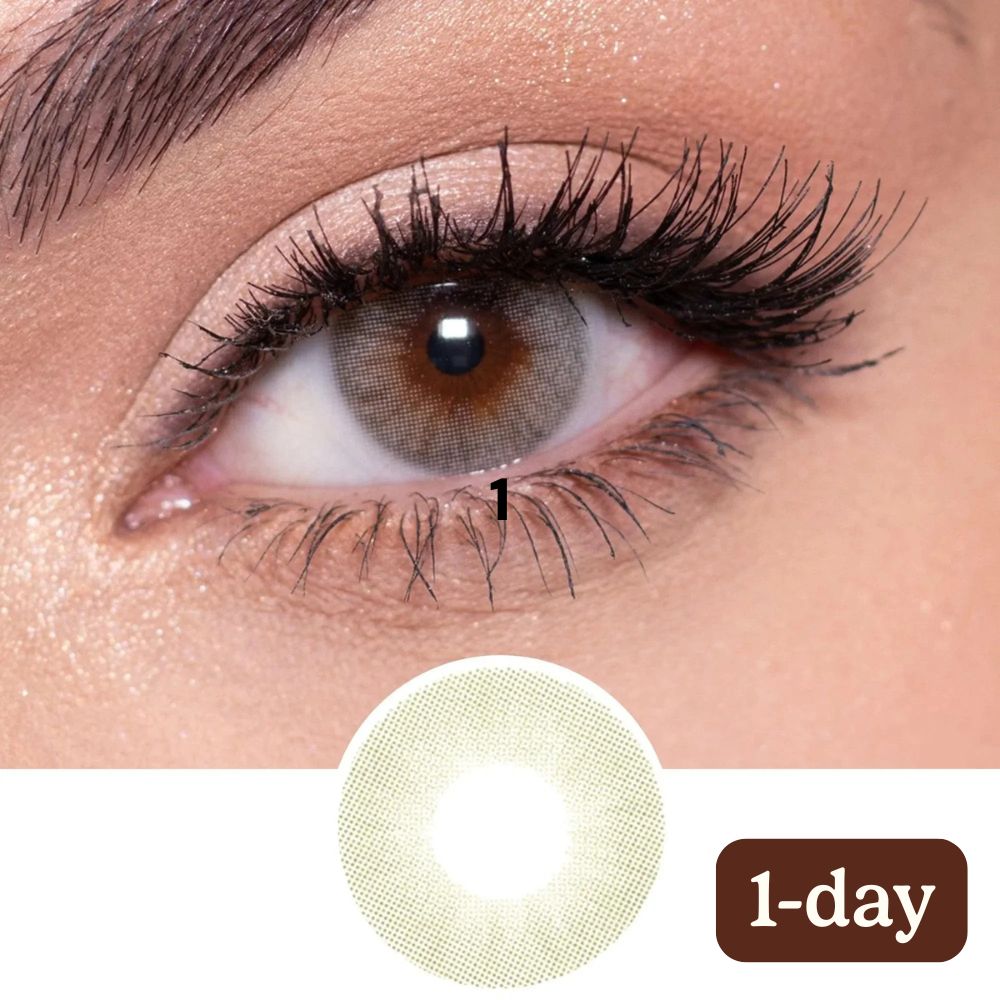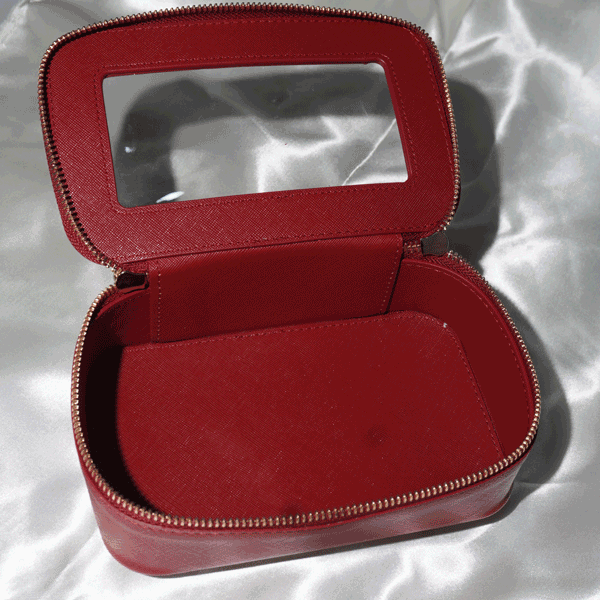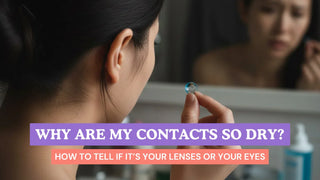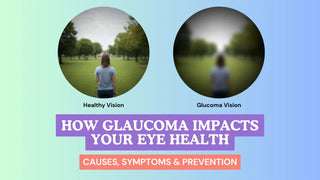Introduction
Swimming is a refreshing activity enjoyed by many, but if you wear colored contact lenses, you may wonder if it's safe to keep them in while you take a dip. This article will address the risks associated with swimming in colored contact lenses and provide guidelines for safe practices.
Understanding the Risks of Swimming with Contact Lenses
Swimming with contact lenses poses several risks due to exposure to waterborne bacteria, chemicals, and the potential for lens displacement. Understanding these risks is crucial for maintaining eye health.
Bacterial and Parasitic Infections
Bacterial and parasitic infections like Acanthamoeba keratitis can be difficult to treat and may lead to severe complications. One of the most notorious parasitic infections, it is caused by a microscopic, free-living amoeba found in water and soil. It can infect the eye through contact lens use, exposure to contaminated water, or corneal trauma. Symptoms include severe pain, redness, blurred vision, tearing, and light sensitivity. If left untreated, it can lead to permanent vision loss or the need for a corneal transplant. Proper lens hygiene and avoiding swimming or showering while wearing lenses are critical preventive measures.
Bacterial keratitis is an infection of the cornea caused by bacteria such as Pseudomonas aeruginosa and Staphylococcus aureus. These bacteria can adhere to the surface of contact lenses and multiply, leading to infection. Symptoms include redness, pain, discharge, and blurred vision. This condition requires immediate medical attention as it can rapidly progress to corneal ulcers and vision loss. Preventive measures include using sterile contact lens solutions, proper hand hygiene, and avoiding sleeping in lenses unless prescribed.
Chemical Exposure
Chlorine and other chemicals used in pools can adhere to contact lenses, causing irritation and potentially damaging the lenses and your eyes. These chemicals can also disrupt the natural tear film, leading to dryness and discomfort.
Lens Displacement and Loss
Swimming can cause contact lenses to shift out of place or even fall out. This displacement can result in discomfort, blurred vision, and the inconvenience of losing a lens in the water.
Health Concerns Associated with Swimming in Contact Lenses
Bacterial and Parasitic Infections
Bacterial and parasitic infections like Acanthamoeba keratitis can be difficult to treat and may lead to severe complications. Symptoms include redness, pain, blurred vision, and, in extreme cases, vision loss. Preventing these infections is essential for maintaining healthy eyes.
Chemical Exposure
Exposure to chlorine and other chemicals can cause conjunctivitis, also known as "swimmer's eye," which results in redness, itching, and irritation. Chemicals can also degrade the quality of your contact lenses, reducing their effectiveness and comfort.
Lens Displacement and Loss
The physical activity of swimming can cause lenses to dislodge, creating a risk of losing them in the water. This not only affects your vision but can also be a costly inconvenience.
Safe Practices for Swimming with Contact Lenses
If you must wear contact lenses while swimming, adopting safe practices can help mitigate the risks.
Daily Disposable Lenses
Opt for daily disposable lenses if you plan to swim. These lenses can be discarded immediately after swimming, reducing the risk of infection and chemical exposure.
Wearing Goggles
Wear tight-fitting swimming goggles to create a barrier between your eyes and the water. Goggles can help keep your lenses in place and protect your eyes from harmful substances.
Removing Lenses Immediately After Swimming
Remove your contact lenses as soon as you finish swimming. Clean and disinfect them thoroughly to remove any contaminants that may have adhered to the lenses.
Alternatives to Wearing Contact Lenses While Swimming
If you accidentally swim with contact lenses, take immediate action to protect your eyes.
Remove Lenses Immediately
Remove your contact lenses as soon as possible after swimming. This helps reduce the risk of infection and irritation.
Clean and Disinfect Lenses
Thoroughly clean and disinfect your lenses to remove any bacteria, chemicals, or debris. Use a fresh solution and follow the manufacturer's instructions.
Monitor for Symptoms
Be vigilant for symptoms such as redness, pain, or blurred vision. If any symptoms develop, seek medical attention promptly to prevent complications.
Swimming with colored contact lenses can pose significant risks to your eye health. While it is possible to take precautions, the safest approach is to consider alternatives such as prescription swimming goggles or laser eye surgery. Always prioritize your eye health and consult with an eye care professional for personalized advice.










